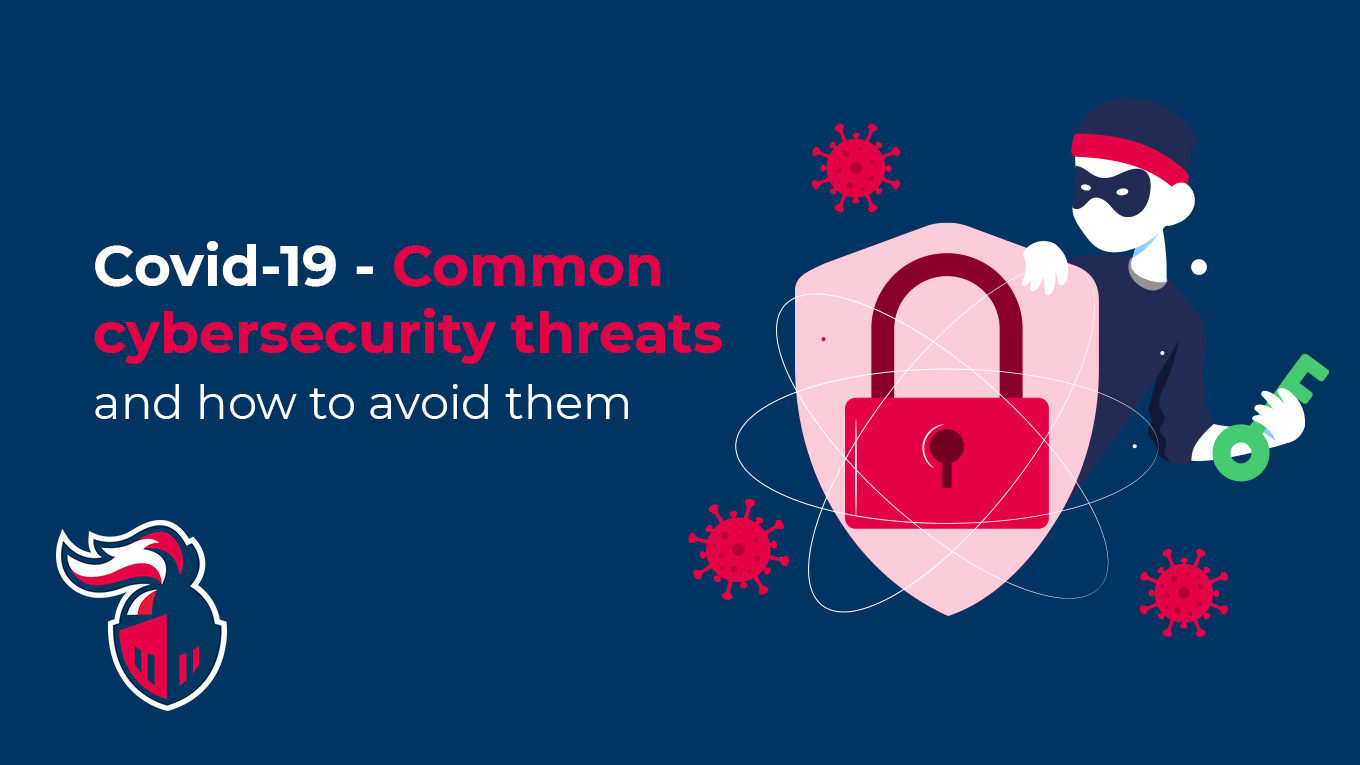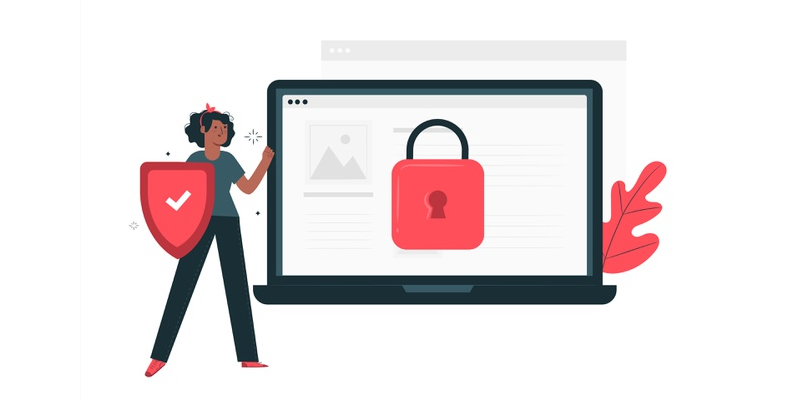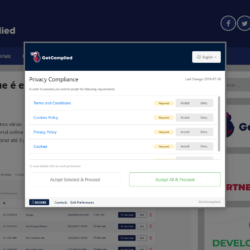4 cybersecurity threats and how to avoid them in 2020

Since the early days of this pandemic, we have seen it deliver additional cybersecurity challenges to businesses around the globe. Organizations quickly moved their workforces to remote working, and e-commerce has increased in popularity in many industries, especially food and retail, to name just a few changes the pandemic has caused. Unfortunately, these times of rapid change have also benefited cybercriminals who have been watching and looking to capitalize on any opportunity for financial gain.
Currently, companies have more reasons to worry about the security of their sensitive data, whether it’s employee data, customer data, or business strategies. In times like these, data security may seem like a challenging task. However, if companies take quick and efficient security measures, they’ll be able to respond effectively to this problem.
In this article, we’ll look at four cybersecurity threats that have severely impacted businesses during this time and list a few steps that we consider essential for companies to take to prevent them.

Uninformed employees
Human error is often seen as a major cause of security incidents, especially with the latest increase in remote work. Employees are often the ones who deal with customer data. Therefore, it’s necessary to keep up to date on ways to protect this information, so that it does not accidentally fall into the wrong hands. They should be informed about the latest fraud schemes and taught to use best practices, for instance, not responding or opening attachments or click suspicious links in unsolicited emails.

Stolen credentials
Over 80% of breaches were caused by stolen or brute-forced credentials. This has now been exacerbated by the large number of employees working from home requiring ongoing remote access and workstation maintenance. Business IT departments are being challenged to secure company assets on the corporate network while most of the workforce is out of the office.

Ransomware
Remote working increases the risk of a successful ransomware attack significantly. This is due to a combination of weaker controls on home IT and a higher likelihood of users clicking on COVID-19 themed ransomware lure emails.
Some current ransomware lures include:
- Information about vaccines, masks, and short-supply commodities like hand sanitizer.
- Financial scams offering payment of government assistance during the economic shutdown.
- Free downloads for technology solutions in high demand, such as video and audio-conferencing platforms.
Phishing
Phishing has always been a popular cybercrime tactic. Before Covid-19, credential theft and social attacks such as phishing and business email compromises represented most breaches. Fear, uncertainty, and the need for Covid-19 information led to phishing emails containing the words Covid, Coronavirus, quarantine, and vaccine to be widely used within this time.
Throughout the pandemic, companies worldwide have continued to focus on their employees and customers as a priority. During times like these, data security may seem like a challenging task. However, if companies take quick and efficient security measures, they’ll be able to respond effectively and quickly to the challenge. Armed with insights and comprehensive cybersecurity strategies, businesses can set a more productive course to help create a secure business environment.
When it comes to threats to your business, it’s always best to be one step ahead!
Below we list a few steps that we consider essential for companies to take to prevent cybersecurity threats.
Do not underestimate the threat. Cyberattacks have become increasingly sophisticated and dangerous, signifying one of the biggest threats for businesses. If projections are correct, no business can underestimate the danger of cyberattacks and should take the necessary steps to prevent them.
If you collect data, protect it. Follow efficient cybersecurity measures to ensure that your company protects customers’ and employees’ personal information from unauthorized access.
Have a clear privacy policy. Customers need to know that your company is protecting their data. Make sure you have a policy in which you explain how your company keeps their personal information secure. Be direct with customers about the data you collect and what you do with it.
Don’t collect data you don’t need. Avoid using social security numbers or other personal information to identify the customer. Choose instead to log in with names and passwords. Create more layers of identification to prevent hackers from being able to access users’ data. Delete personal data you no longer need.
Learn what you’re protecting. Be aware of all the personal information you have collected, where you are storing it, how you are using it, and who has access to it. Understand the type of data you collect and why a hacker could steal it.
Keep your company up to date. Having the latest security software, web browser and operating system are the best defenses against viruses, malware, and other online threats. Many software programs will connect and update automatically to defend themselves from identified threats.
Make backup copies of relevant business data and information. It’s not a matter of if, but when a breach will happen to your business. Having backups of your information could allow limited interruptions to your company’s workflow.
Comply with data protection laws. Complying with the rules based on the GDPR (General Data Protection Regulation), as well as the new LGPD (General Data Protection Act), is essential to avoid compromising your customers’ data and dreaded sanctions.

Prevention is the best strategy to fight cyberattacks!
This crime is a threat to the very survival of companies that suffer reputational damage and lose consumer trust.
Companies should implement systems to prevent and identify cybersecurity threats and deal with their consequences.
It’s critical to invest in solutions that help you maintain your company’s good reputation and have a secure business for your customers!
We’ve developed GetComplied to help companies comply with data protection laws and avoid sanctions. And the truth is… it’s easier than it looks! You can edit your policies, cookies, and user rights on one platform!
Get in touch!
If you have questions or problems, do not hesitate to contact our team via social networks or email: hello@getcomplied.com.
We also have a live chat that you can access on the site itself by clicking on the icon in the lower right.






